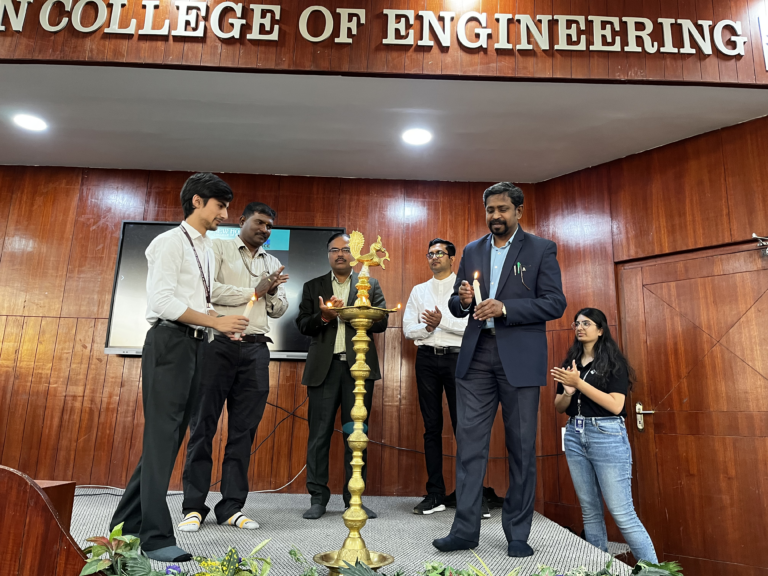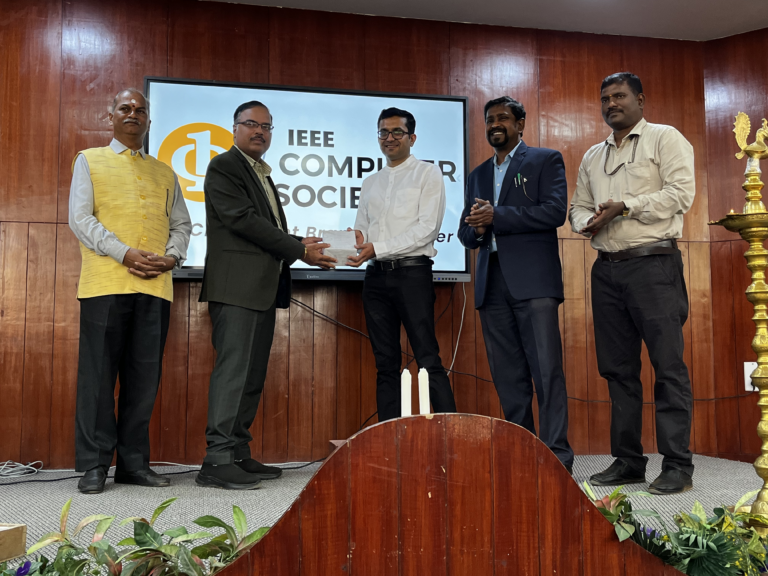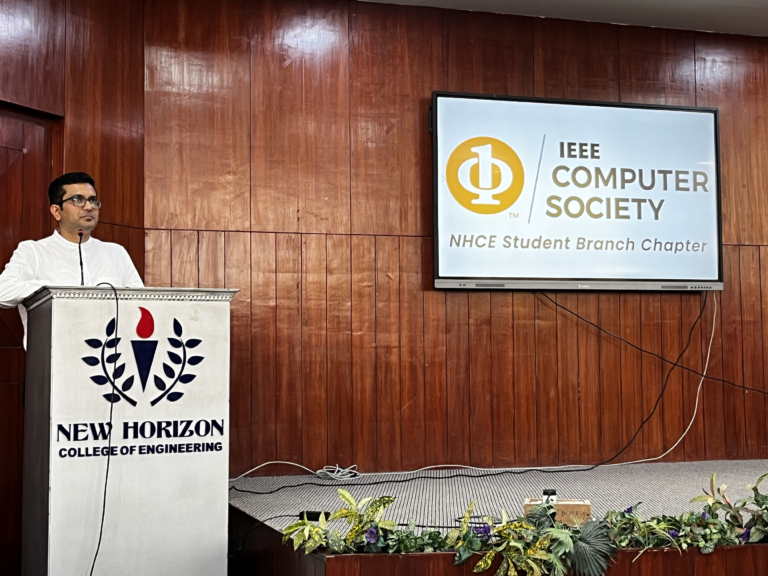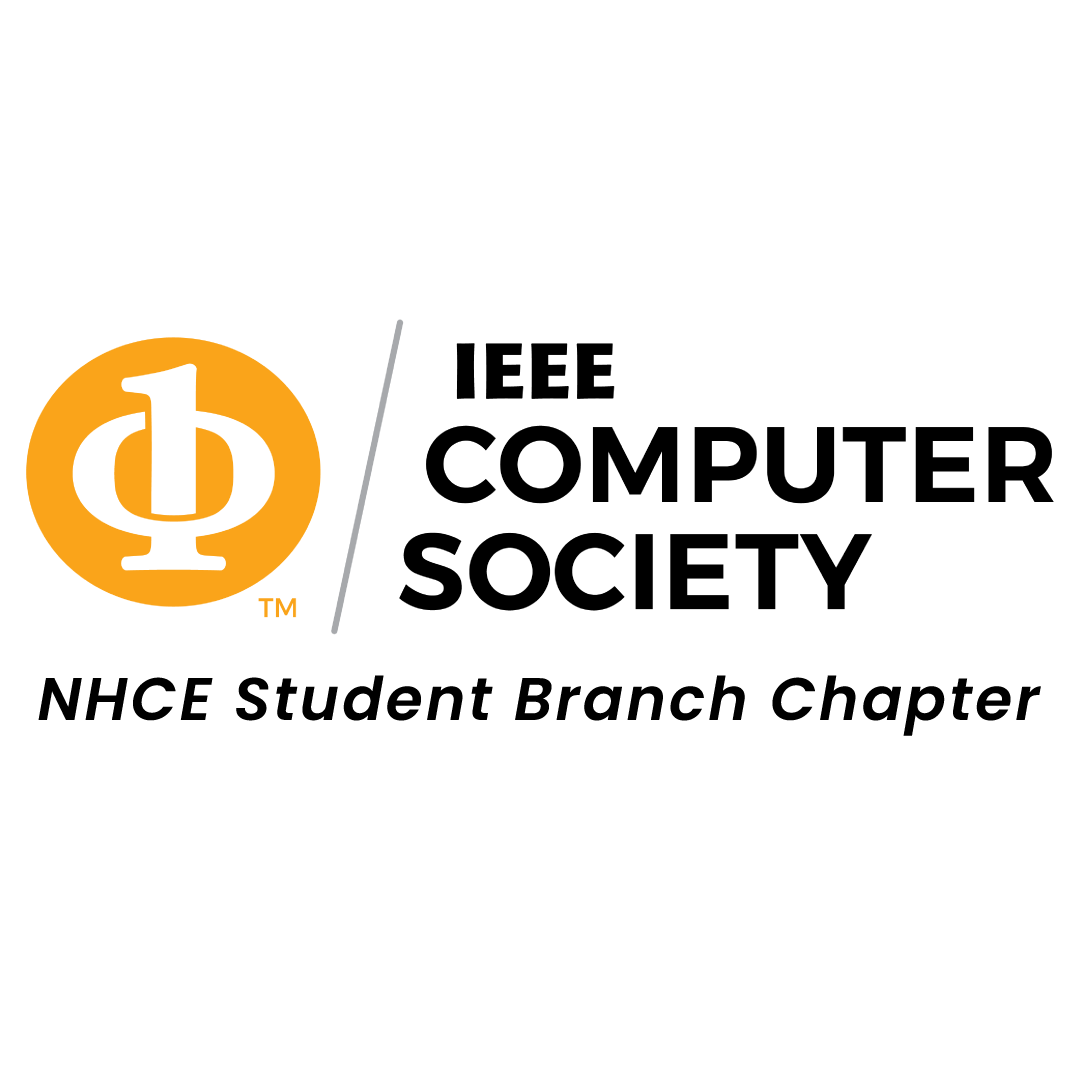


About IEEE:
The Institute of Electrical and Electronics Engineers (IEEE) is a professional organization dedicated to advancing technology and knowledge in the fields of electrical engineering, electronics, computing, telecommunications, and related disciplines. It is one of the largest technical professional organizations in the world. Established in 1963, IEEE has grown to over 400,000 members from more than 160 countries. The organization provides a platform for professionals, researchers, and students to collaborate, exchange ideas, and contribute to technological advancements. IEEE publishes numerous scientific journals, magazines, and conference proceedings that showcase cutting-edge research and developments in various domains. These publications serve as valuable resources for scientists, engineers, and scholars around the globe.
Moreover, IEEE sets industry standards that define specifications and protocols for various technologies, ensuring compatibility, interoperability, and reliability. Standards like Wi-Fi, Ethernet, and Bluetooth have significantly impacted the development and adoption of modern communication systems. Furthermore, IEEE organizes conferences, workshops, and symposiums where experts present their research findings and share insights. These events foster networking opportunities and enable knowledge dissemination within the technical community. In addition to its technical activities, IEEE promotes education and professional development through various programs, including certification exams, continuing education courses, and scholarships. Overall, IEEE plays a pivotal role in shaping the future of technology by facilitating collaboration, promoting innovation, and providing a platform for knowledge sharing among professionals in the electrical and electronics engineering fields.
IEEE CS Society:
The IEEE Computer Society (IEEE CS) is a professional society within the Institute of Electrical and Electronics Engineers (IEEE) that focuses on advancing computing technology and knowledge. It is one of the largest societies dedicated to computer science and engineering in the world. Established in 1946, IEEE CS has grown to over 60,000 members globally, including researchers, practitioners, educators, and students. The society aims to foster collaboration and exchange of ideas among its members, promoting innovation and development in the field of computer science. IEEE CS publishes a wide range of technical publications, including journals, magazines, and conference proceedings, which cover various topics such as artificial intelligence, cybersecurity, software engineering, data science, and computer architecture. These publications serve as valuable resources for researchers, professionals, and students, providing access to the latest advancements and discoveries in computer science.
Additionally, IEEE CS organizes conferences, workshops, and webinars that bring together experts from academia, industry, and government sectors to present their research findings, share best practices, and discuss emerging trends and challenges in the field. These events offer networking opportunities and facilitate knowledge exchange among attendees. The society also provides educational resources and initiatives to support professional development. This includes certification programs, online courses, and training materials to enhance skills and expertise in various areas of computer science. Overall, the IEEE Computer Society plays a crucial role in advancing the understanding, practice, and application of computer science and engineering. Through its publications, conferences, and educational activities, it contributes to the growth and development of the global computing community.
NHCE:
New Horizon College of Engineering is an autonomous institution affiliated to VTU. Accredited by NAAC and NBA, it offers quality technical education approved by AICTE and UGC. Located in Bangalore’s IT capital, the campus provides an ideal environment for students to excel in their chosen fields.


